Producer’s Pride Hill Country Chicken Coop, 6 Chicken Capacity
Provide your chickens a place to nest with the Producer’s Pride Hill Country Chicken Coop. The durable chicken coop has an extended run and 3 nesting boxes to offer your chickens more room while being secure from predators.
Provide your chickens a place to nest with the Producer’s Pride Hill Country Chicken Coop. The durable chicken coop has an extended run and 3 nesting boxes to offer your chickens more room while being secure from predators. This chicken coop also features a galvanized metal roof for added protection from the elements.
- Measures 114 in. x 56.3 in. x 57.8 in.
- Solid wood construction for durability
- Extended chicken run for comfortable use
- Galvanized metal roof for added protection from the elements
- Large access doors for easy cleaning
- Easy to assemble for convenience
- Chicken coop with 2 in. D slide-out tray for bedding
- Includes three nesting boxes for comfort
Additional information
| Coop/Hutch Type | Standard coops |
|---|---|
| Door Height | 14.37 in. |
| Door Width | 8.8 in. |
| Primary Finish | Powder-Coated |
| Foraging or Run Area Length | 59 in. |
| Foraging or Run Area Width | 42.5 in. |
| Frame Material | Steel |
| Location of Doors | Front |
| Nesting Area Length | 14.7 in. |
| Nesting Area Width | 11 in. |
| Number Of Doors/Openings | 4 |
| Number Of Levels/Stories | 1 |
| Number of Nesting Areas | 3 |
| Number Of Ramps | 0 |
| Number of Roosting Bars | 3 |
| Product Height | 57.8 in. |
| Product Length | 114 in. |
| Product Weight | 147 lb. |
| Product Width | 56.3 in. |
| Recommended Number of Animals | 6 |
| Roof Material | Metal |
| Wall Material | Hemlock |
| Manufacturer Part Number | 170708 |


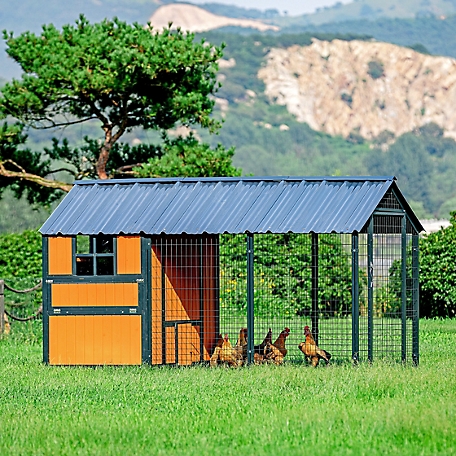
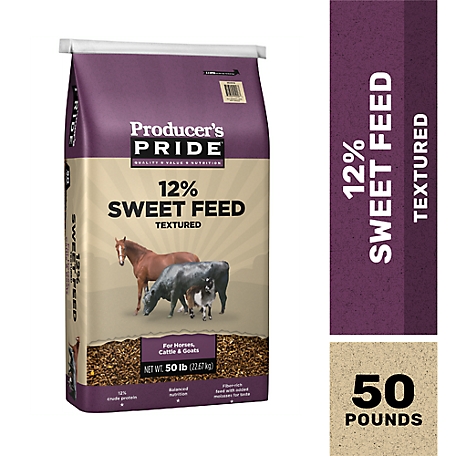
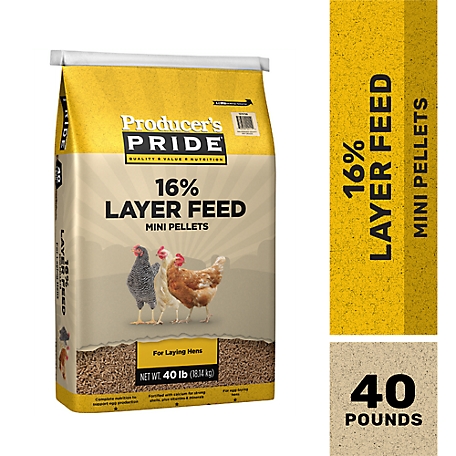
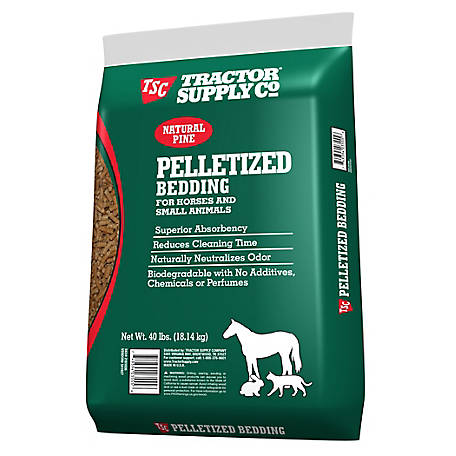
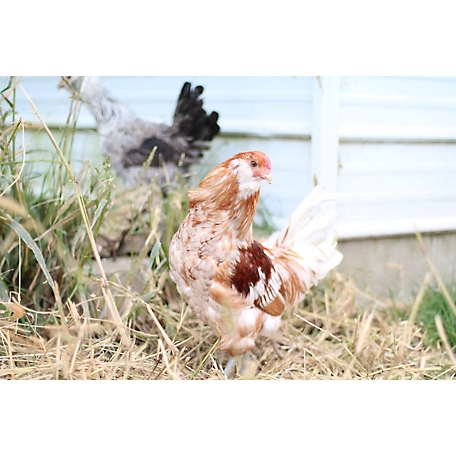
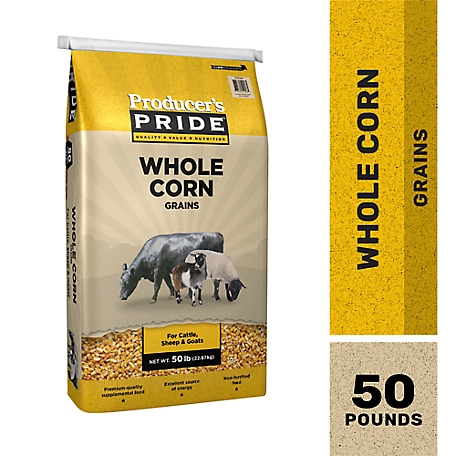
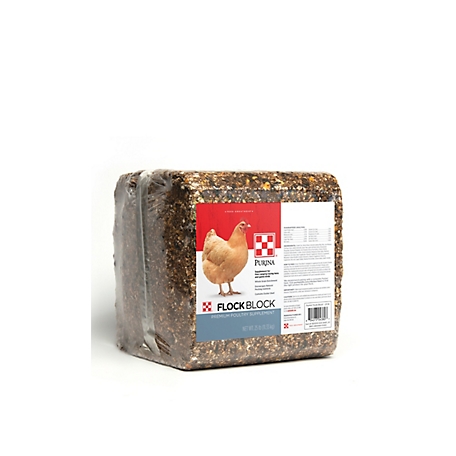

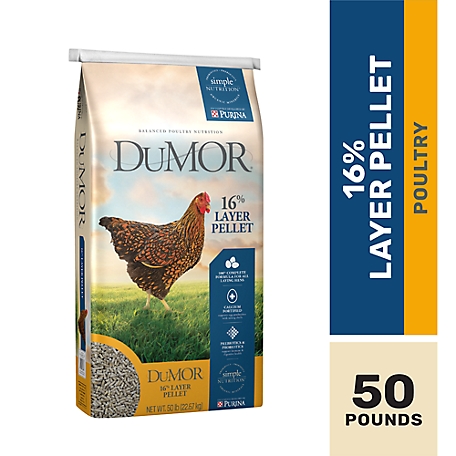
by Hora
Great size and it goes great with the style and colors on our house. It’s is very thin, though, so may need some reinforcement. It will be a good first chicken coop for our 4 new chickens.
by Simmons
Works perfect, easy to put together. I bought two and put them together so I’d have a big run for them
by Kinney
I’m really impressed with this coop. Shipping was great. Super easy to build. Quality seems great, especially for the price. Very impressed!